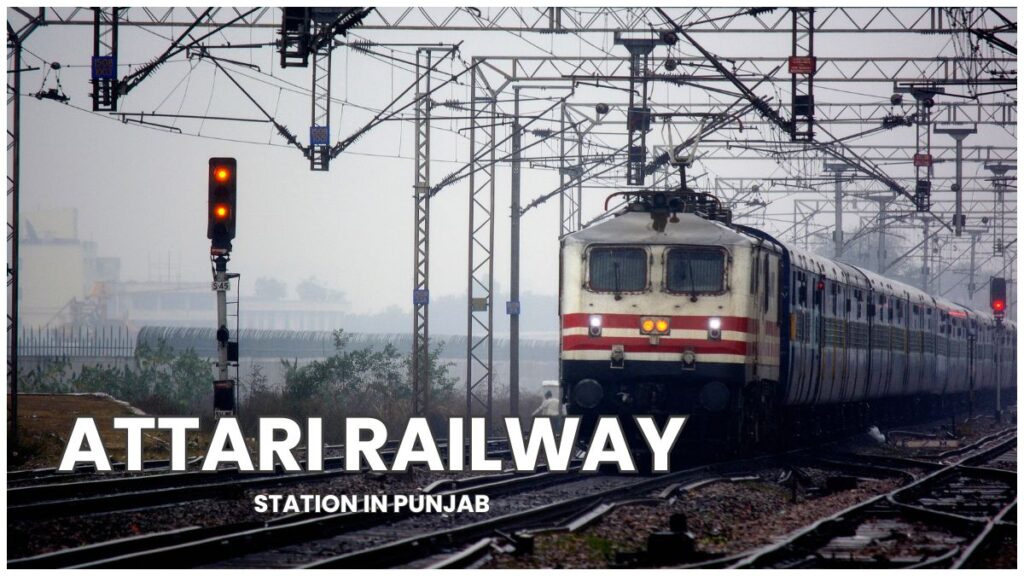There’s a railway station in India where carrying a valid passport and visa was once mandatory for Indian citizens a striking exception to the norm. Attari Railway Station, located in Punjab’s Amritsar district near the India-Pakistan border, holds a unique place in the country’s railway history for this unusual requirement.
Known officially as Attari Sham Singh Railway Station, this station is the last stop on the Indian side before crossing into Pakistan. It served as the gateway for passengers traveling to Lahore via the Samjhauta Express, a train that symbolized cross-border connectivity. In earlier days, Indian citizens needed a valid Pakistani visa and passport even to enter the station premises. Security was exceptionally tight, and entry without proper documentation could result in arrest or imprisonment.

Attari Railway Station played a crucial role in connecting the two nations, facilitating not only the movement of goods but also the reunification of families separated by the partition of India in 1947. The Samjhauta Express, which ran between Delhi and Lahore, carried passengers for pilgrimages, business trips, and family visits, embodying a rare bridge of peace and understanding.
However, this symbolic train service was suspended in 2019 after the Indian government revoked Article 370 in Jammu and Kashmir. The suspension marked a significant shift in India-Pakistan relations, leaving Attari Railway Station without its cross-border operations.
Despite this, Station stands as a poignant reminder of both division and unity. Its history, entwined with the cultural and emotional ties of the region, makes it much more than just a transit point. It continues to serve as a testament to the complexities of international borders and the enduring connections that transcend them.
